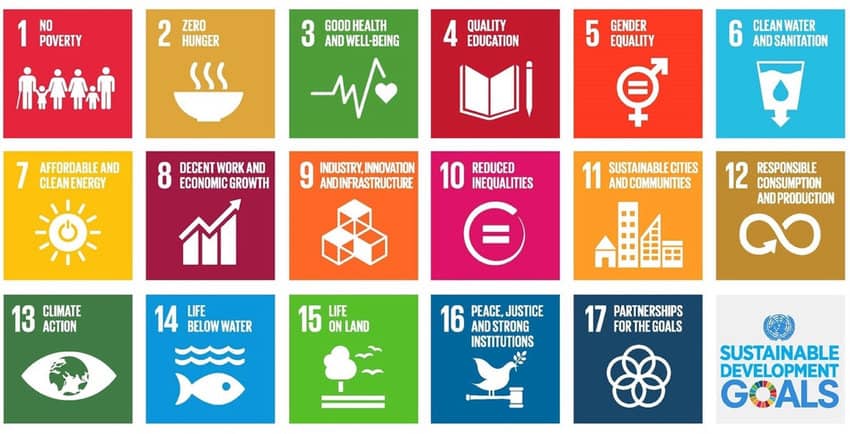Whereas before you could still hear everyone talking about corporate social responsibility, now everyone seems to be concerned with ESG. But what exactly are the differences between ESG and CSR? And what does ESG entail? This blog explains how ESG came about and why ESG is the new CSR.

Corporate social responsibility
CSR is also known as sustainable business and is based on three Ps: planet, people and profit. The bottom line is that as a company you are responsible for society in the broadest sense of the word. As a company you are expected to take the climate into account, act in a socially ethical manner and continue to generate enough profit to be able to continue this principle and keep shareholders happy. For years, CSR has been a point of attention. The government even encourages corporate social responsibility by awarding an annual prize to the most sustainable company. But why then is ESG becoming the new trend?
International Benchmarks
Corporate social responsibility is well known outside the Netherlands, but under countless names. This is why ESG was created. ESG stands for Environmental, Social and Governance. Broadly speaking, ESG is the international term for CSR. However, ESG has different pillars. These are based on the 17 sustainable development goals set by the United Nations to be achieved by 2030. These goals range from 'responsible consumption and production' to 'no poverty' but also goals that we were not so quick to associate with sustainability before, such as 'encouraging innovation' and 'gender equality' and 'inequality between countries'. The latter, during COVID-19, exposed the differences more than ever before; did you always have access to an efficient health care system or not, determined how likely it was that you could be helped. For both CSR and ESG, the promotion of climate-friendly and socially-ethical business practices is paramount.

Info: Everything about procurement and your supply chain
Time to get in action
Slowly but surely, we are seeing a shift in the investments being made. A younger generation of investors is coming on board. They are more interested in companies that actively pursue ESG factors: as a company, you can and will be judged on this. Whereas within CSR it was still enough to come up with periodic and smaller initiatives, with the launch of ESG it has even been legally established (in the first phase for listed companies) what is expected of companies. ESG must be embedded in business operations and objectives. An ESG score is less remote than it sounds. For example, Ecovadis has already developed a score that some companies make mandatory when you want to become a supplier. When compared to other organizations, ESG is no longer an added value, but a hygiene factor. As KPMG said earlier: ESG is everything you do. Ask yourself: What is your impact on the planet and how do you contribute to society? And make sure your entire organization carries this awareness.
